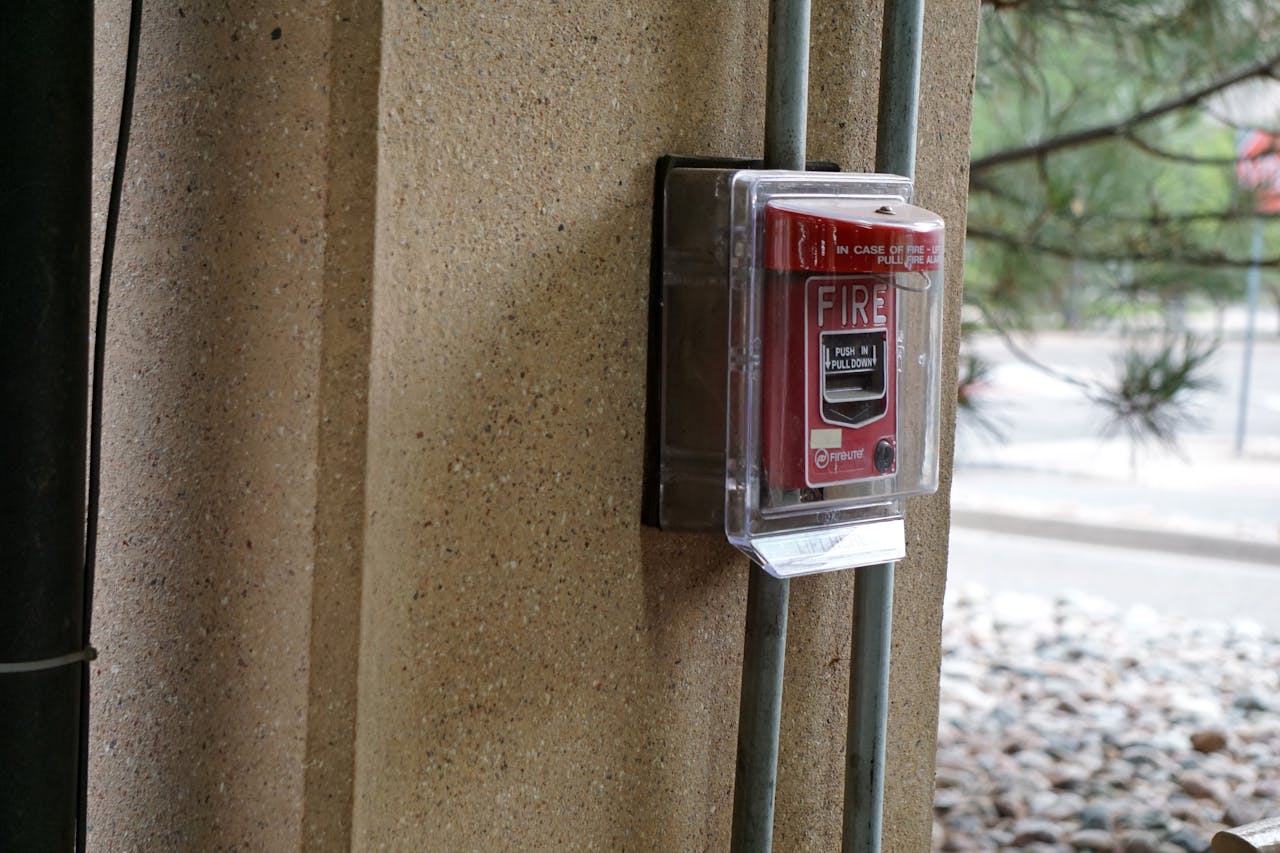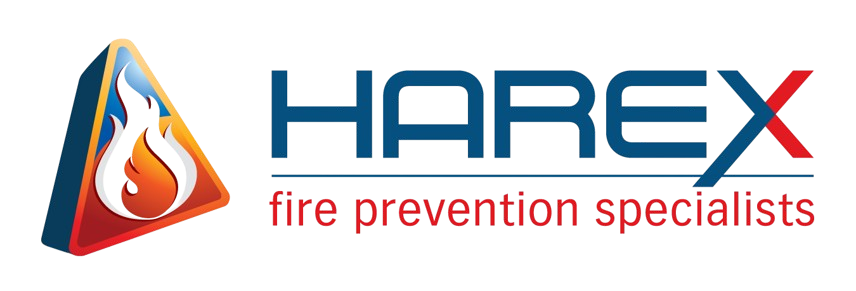
The Importance of Installing Fire Alarms in Your Property
January 16, 2025Fire Prevention in Commercial Buildings:
Best Practices You Can’t Afford to Ignore

Fire prevention in commercial properties is not just about avoiding disaster—it’s about protecting people, property, and business continuity. Whether you own a small retail space or manage a multi-tenant complex, understanding and applying best practices for fire safety is a legal obligation and a moral responsibility.
The Cost of Complacency
In 2021 alone, Canada reported over 39,000 fire incidents across seven provinces, with significant property losses and increasing fatalities. While residential buildings made up a large portion, commercial buildings are often more complex—making prevention and preparation even more critical.
Many of the most devastating fires in commercial buildings share one thing in common: lack of proper maintenance and inspection of fire safety systems.
Fire Prevention Best Practices for Commercial Buildings
Here’s what every commercial building owner, manager, or tenant should be doing regularly:
1. Routine Fire Alarm System Inspections
Your fire alarm system is your building’s early warning system. It must be inspected and tested at least annually, in compliance with CAN/ULC-S536 and S537 standards.
Make sure your smoke and heat detectors, notification devices, and control panels are all tested and documented.
2. Fire Extinguisher Inspections
All extinguishers must be:
- Accessible and properly mounted
- Inspected monthly and serviced annually
- Clearly labeled and not expired
Don’t wait until they’re covered in dust or rust to take a look.
3. Emergency Lighting and Exit Sign Testing
These systems must function during power outages and emergencies. Monthly visual checks and annual 30-minute tests are a must.
4. Sprinkler System Testing and Valve Inspections
Sprinkler heads, backflow preventers, and control valves should be tested to meet NFPA and Ontario Fire Code requirements.
Quarterly or annual testing is typical, but always refer to your local fire authority or service provider.
5. HVAC and Duct Smoke Detector Testing
Smoke can travel through air ducts—duct smoke detectors help isolate the threat before it spreads. Include these in your annual inspections.
How We Help
At Harex Inc., we offer end-to-end fire prevention services, including:
- Fire alarm and life safety system inspections
- Fire extinguisher checks and certifications
- Emergency lighting testing
- Fire safety planning and code compliance consulting
- Documentation and reporting for insurance or fire department needs
We serve commercial clients across the Durham Region and beyond, helping them stay compliant, safe, and inspection-ready year-round.
